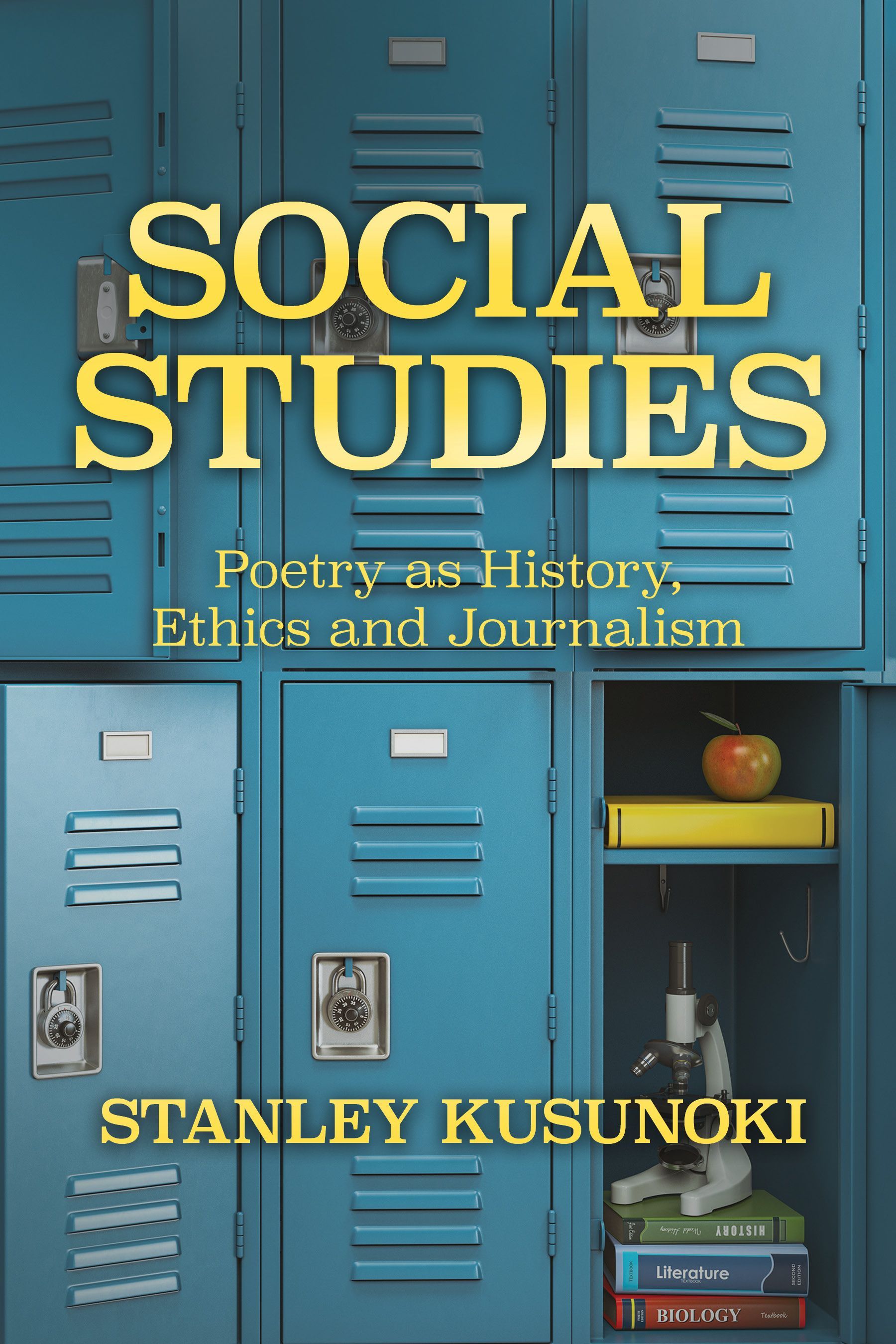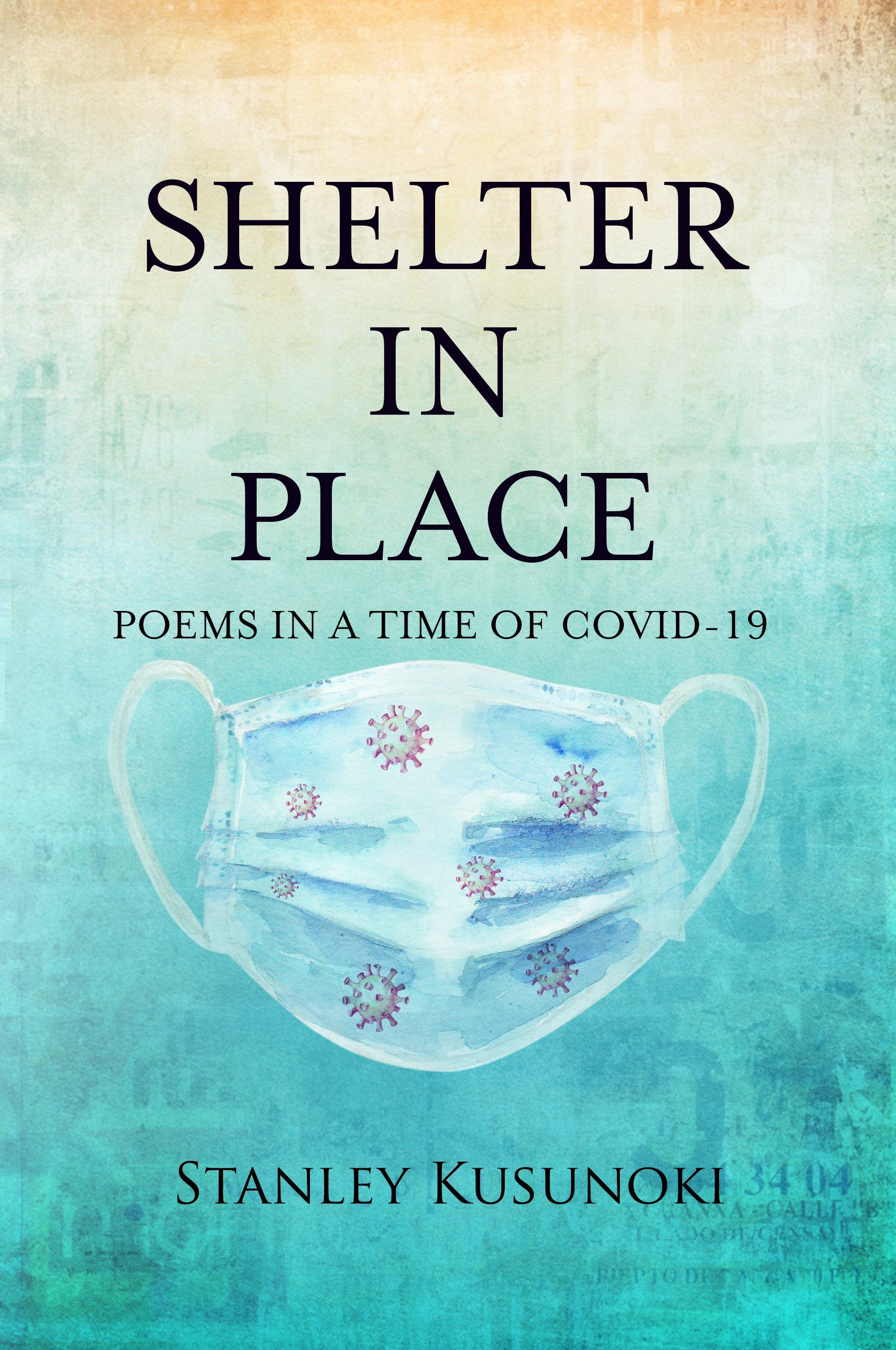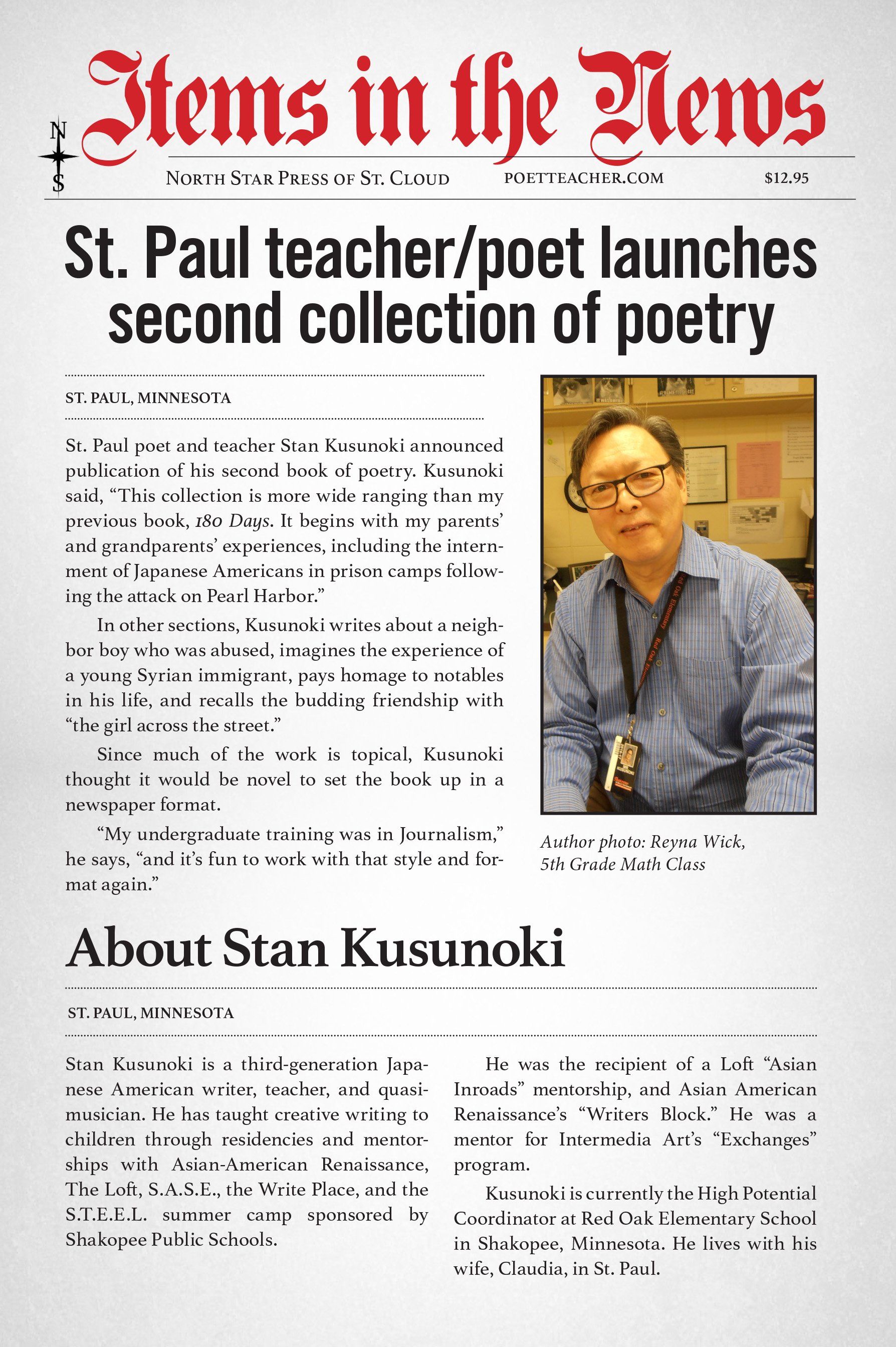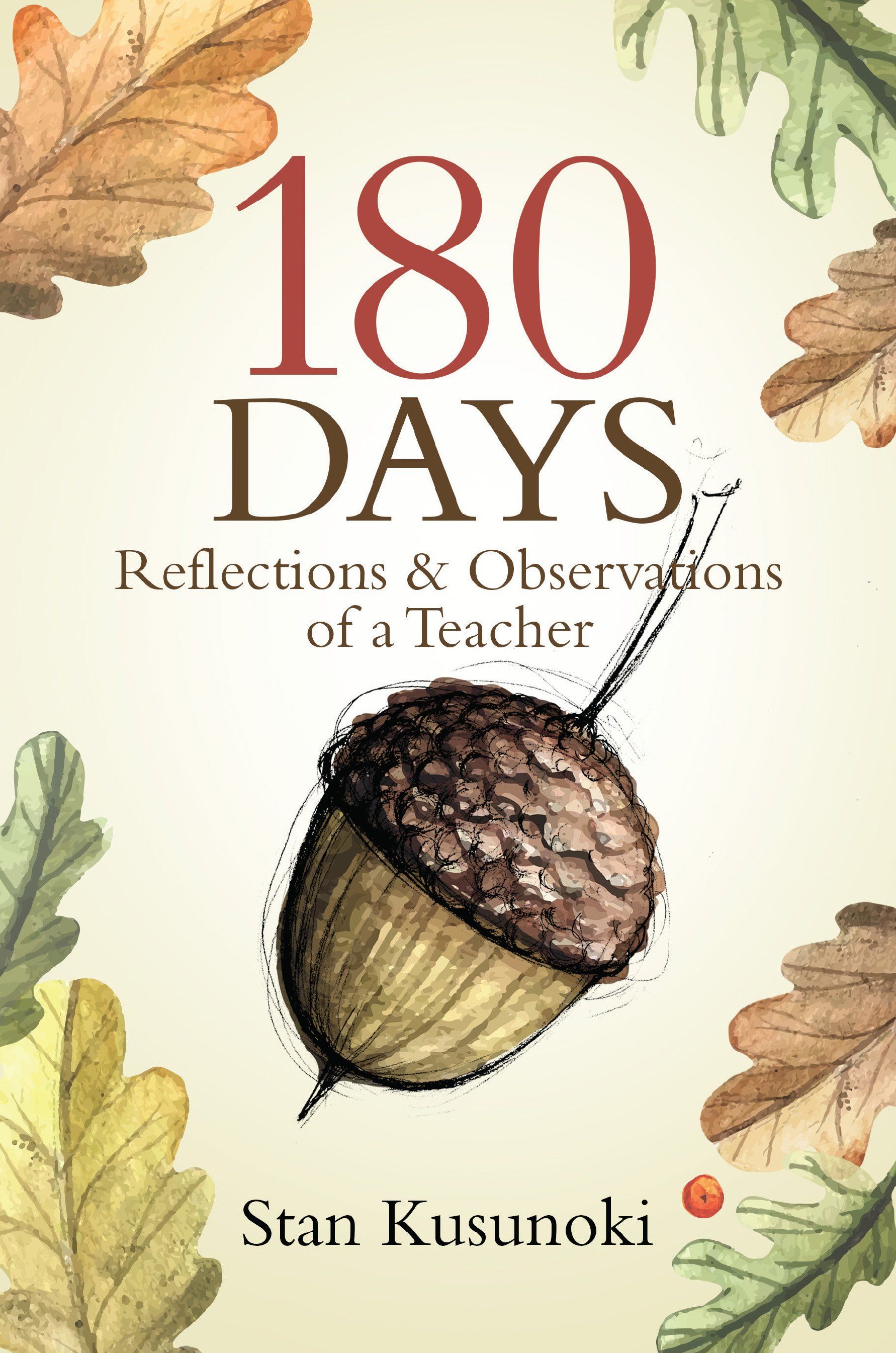Natural Life
To read the poems in Stanley Kusunoki’s collection
Natural Life is like wandering through different gardens with a wise teacher, who shares experiences and reflections in a delightful way. Gardening, whether applied to plants or young minds, is a recurring theme as, page by page, his poems till the wonders of the natural world and tell of memorials, teaching, our damaged planet, and travel. Along the way, we encounter an ornery hibiscus and a Saw-whet owl that travels to the city in a cut Christmas tree. Kusunoki marvels at the “Cosmic wonder/the moon exactly the right size/to blot out the disc of the sun,” and the wonder he sees in his students. In his metaphorical poem, “Openings,” his students are magnolia buds and he is “Patient, cajoling/A gardener with hose/Feeding, then waiting/And slowly, the petals unfold.” Fierce anger ignites a poem in which “…small minds and gorged egos” will bring about “The first generation to see the possibility/it might not see another generation following.”
—Elizabeth Weir, poet, High on Table Mountain and When Our World Was Whole
Social Studies
You will hear about many voices in Stan Kusunoki’s Social Studies, including environmental crusader Greta Thunberg and performers at the joyous presidential inauguration of Joe Biden. “Personal Histories” and “Shared Histories,” sections from his latest book, embrace both cherished affections as in his homage to Mary Oliver and his reflections on his father’s aging and death, as well as political concerns. He refers to immigrants as “the future promise,” and his poem, “Protest at Line 3,” supports resistance to an oil line through Native lands. Observing a Japanese mentoring tradition, Kusunoki has taken the unique step of including poems by his former students in a third section called “Future Histories.” Kusunoki’s poems and those of his protégées’ suggest that as a writer and a teacher, he’s generous, broad-visioned, knowledgeable and poetic. We’re lucky as readers to experience how this poet, whether keening, loving, or urging us to greater good, is “Sending my voice out to mingle/ With other songs.”
—Margaret Hasse, author of Summoned, The Call of Glacier Park, and other books
Shelter in Place
When the Governor of Minnesota announced that schools would be closed because of the COVID-19 virus, I sensed this was an historical time unlike any other—a time that needed to be documented. From the first unsettling day without students, I started writing down my observations. As days grew into weeks it became evident that stay at home was going to be the new normal. I just kept on writing. Soon I had enough material for a new manuscript. Here it is.
The poems in this book demanded to be written. From the day when the “Shelter in Place” order was announced, to the day that the order was semi-rescinded, every hour of planning and teaching presented new challenges and required new thinking about how we do things.
The lockdown also forced us tp change our everyday lives—becoming more aware of each other, those around us and our environment. It’s all in the book.
Just as we were nearing the end of the school year, another traumatic event shook our lives—the killing of George Floyd by a Minneapolis cop.
The shock and reverberations that resulted added more questioning and stress at the end of an already traumatic school year. My poems in response to that tragic event and its aftermath, will appear in a forthcoming collection.
The combination of COVID and George Floyd’s murder has had massive world-wide impact. Like it or not, change is already here. What we have learned in the response to these two events is that working together does make a difference, while working only for our own interests makes things worse for the entire planet.
These lessons are what will instruct us as we face an even greater challenge: climate change. Let us as adults, put our hearts and minds and talents into reversing the course of this environmental pandemic, so that our children may live.
St. Paul teacher/poet launches second collection of poetry.
St. Paul poet and teacher Stan Kusunoki announced publication of his second book of poetry. Kusunoki said, “This collection is more wide ranging than my previous book, 180 Days. It begins with my parents’ and grandparents’ experiences, including the internment of Japanese Americans in prison camps following the attack on Pearl Harbor.”
In other sections, Kusunoki writes about a neighbor boy who was abused, imagines the experience of a young Syrian immigrant, pays homage to notables in his life, and recalls the budding friendship with “the girl across the street.”
Since much of the work is topical, Kusunoki thought it would be novel to set the book up in a newspaper format.
“My undergraduate training was in Journalism,” he says, “and it’s fun to work with that style and format again.”




